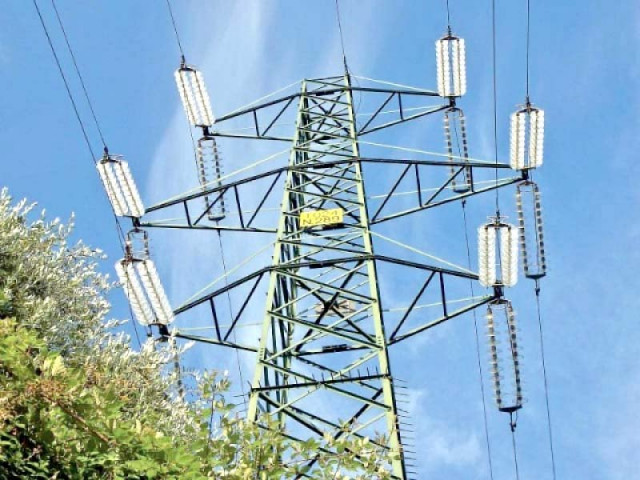K-Electric seeks tariff increase despite cheaper oil prices
Company admits mistake during hearing of its petition by the regulator

The regulator dismissed the argument and observed that K-Electric was attempting to collect inflated bills from the consumers instead of providing relief through a tariff reduction. PHOTO: FILE
The disclosure came during a public hearing of the petition on Thursday.
Nepra Chairman Tariq Sadozai told the audience that K-Electric was supposed to seek a reduction of 8 paisa per unit in its tariff in the wake of decline in furnace oil prices as reflected in estimates of the regulator.
K-Electric says its output has increase
However, the company filed the petition for an increase of 14 paisa per unit in the tariff. K-Electric’s team admitted the mistake, but insisted that the impact of tariff reduction would be 2 paisa per unit instead of 8 paisa as suggested by Nepra.
In the petition, K-Electric pointed out that it had faced a fuel cost variation of Rs238.77 million in electricity production from external and internal resources. A cost variation of Rs584.14 million came on account of power generation from internal resources whereas the fuel cost fell Rs345.36 million in case of external resources.
This caused an increase of 14.3 paisa per unit in the cost of electricity production for May 2016, it said. During the month, K-Electric supplied 1,669.28 million units of electricity to the consumers.
However, the regulator dismissed the argument and observed that K-Electric was attempting to collect inflated bills from the consumers instead of providing relief through a tariff reduction.
“Final decision will be taken after a Nepra team finalises the estimates,” the regulator said.
Talking to The Express Tribune, a spokesman for K-Electric explained that they had told Nepra that the demand for increase in tariff was based on electricity supply by the National Transmission and Distribution Company at old tariff rates. However, if revised rates are applied, the tariff would go down by 2 paisa per unit.
K-Electric feels the heat on Twitter as load-shedding complaints pile up
NTDC supplies about 650 megawatts of electricity to K-Electric to meet the city’s needs.
Load-shedding
The Nepra chairman also lashed out at the K-Electric team for prolonged power outages in Karachi and recalled that it had pressed the company last month to take measures to bring load-shedding under control.
Despite that, people of Karachi were suffering due to electricity outages.
He was of the view that K-Electric had not taken required measures to tackle the issues and people were facing load-shedding up to 30 non-stop hours in some areas. “No area was exempt from the outages,” he said.
Though the K-Electric team in its report claimed that everything was all right, reports suggested that Karachi people had got no respite from the outages, the Nepra chairman said while rejecting their claim that the situation was improving.
He also sought a report about the actual facts and situation.
Published in The Express Tribune, July 1st, 2016.
Like Business on Facebook, follow @TribuneBiz on Twitter to stay informed and join in the conversation.





1733130350-0/Untitled-design-(76)1733130350-0-208x130.webp)












COMMENTS
Comments are moderated and generally will be posted if they are on-topic and not abusive.
For more information, please see our Comments FAQ